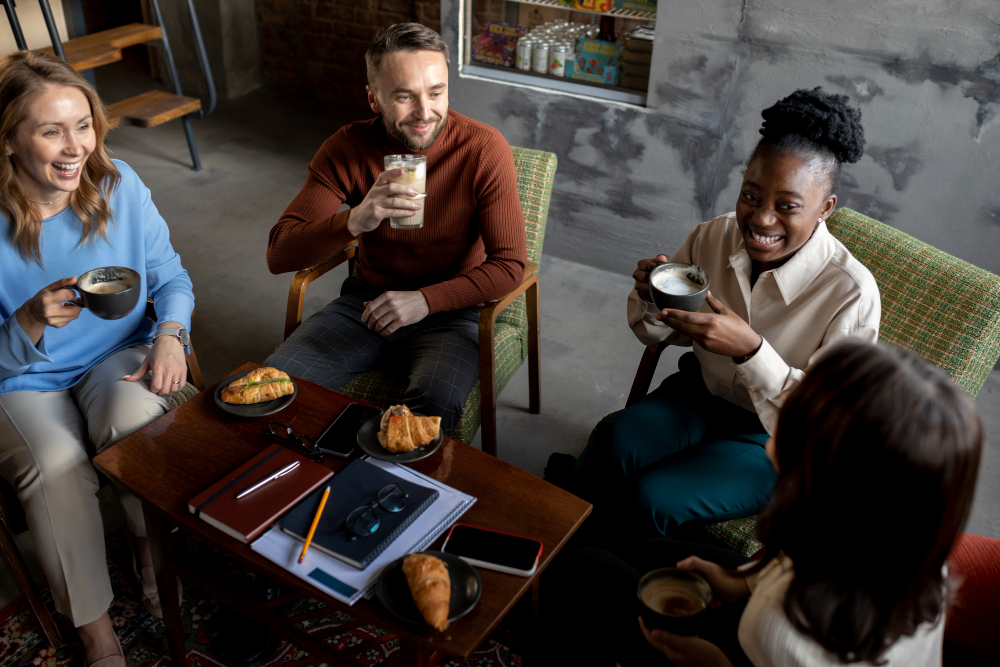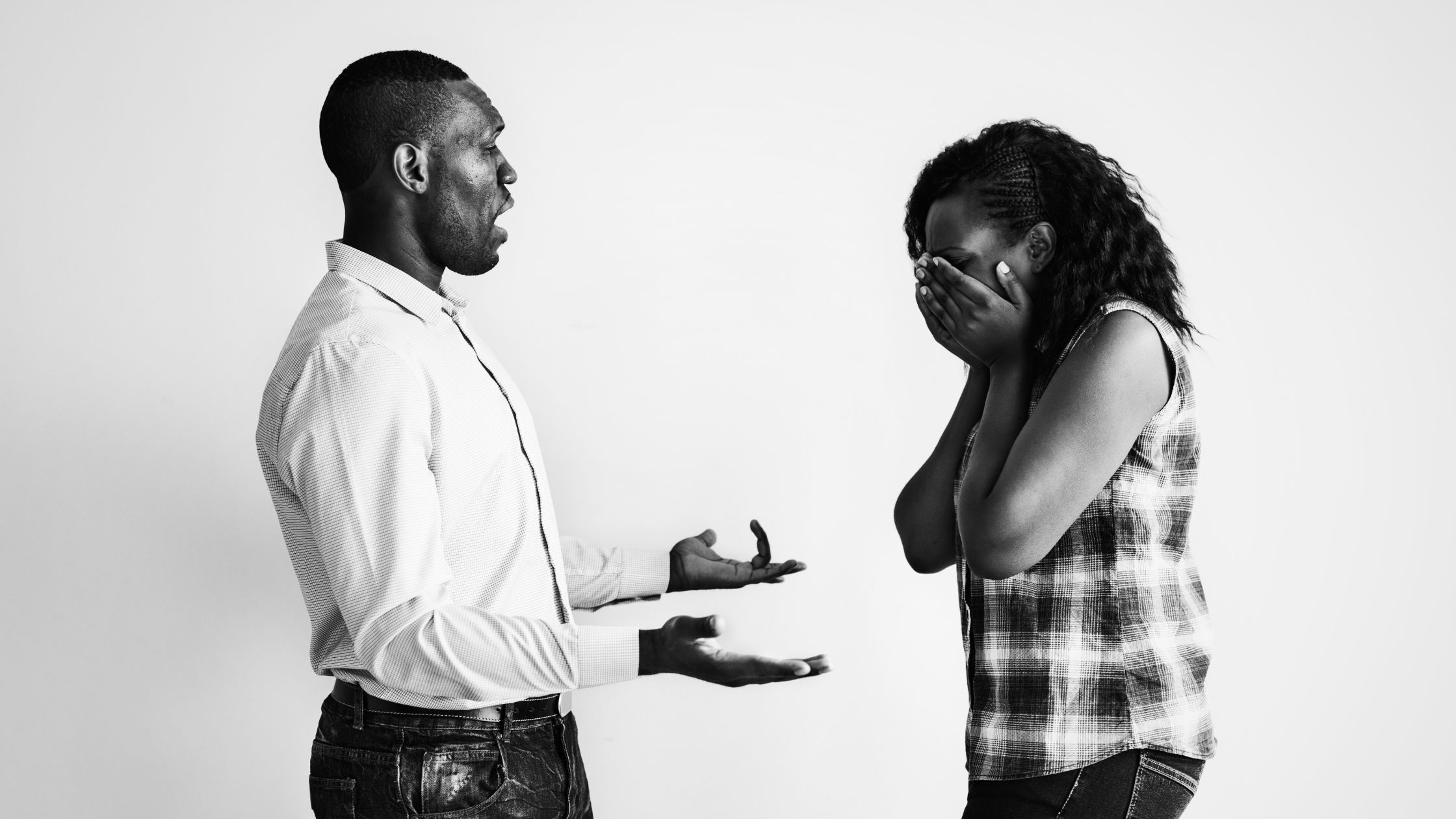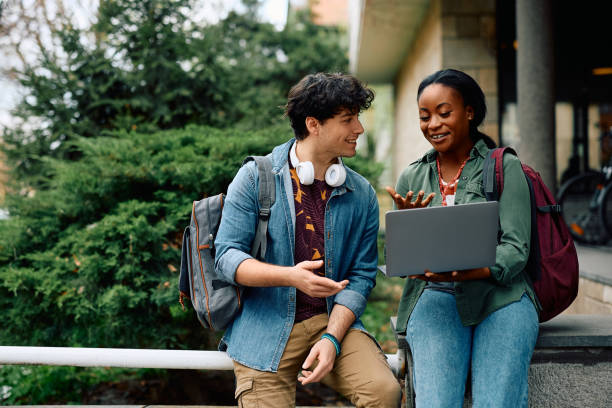One thing I’ve learned about moving to a new city is this — you can memorize every street corner, know the best coffee shop by heart, and even have a favorite checkout lane at the grocery store. But if you’re still eating dinner alone every night, something’s missing.
I’ve moved quite a few times, so trust me, I’ve been there. Standing in my perfectly organized apartment, scrolling through social media, watching friends back home live their lives while I’m wondering if I’ll ever find my people again.
I wish someone had told me earlier that meeting people isn’t just for the naturally outgoing. It’s a skill; one you can learn and grow into. And believe it or not, you’re way more capable of building real, soul-nourishing connections than you think.
Why Meeting People in a New City Feels So Hard
If we’re being honest, this whole “making friends as an adult” thing can sometimes feel impossibly difficult.
For one, there’s the emotional weight of starting over. You’ve just left behind everything familiar—family, friends, and routines. And you’re still adjusting to the sound of the city, the rhythm of traffic, and even the way people greet each other.
Then there’s the mental clutter. You’re learning new bus routes, navigating new responsibilities, trying to stay emotionally afloat, and somehow you’re supposed to have the energy to socialize too! When exactly are you supposed to meet these mythical new friends?
Let’s not even talk about rejection anxiety. What if they don’t like you? What if you make the first move and it’s met with silence? I’ve felt this way tons of times. Though you’re looking to connect, you don’t want to feel like you’re begging for attention or chasing connection. You want it to be mutual, natural, and nourishing.
And here’s the part that we often don’t talk about: it’s easier than ever to feel like we’re connected in today’s digital age when we’re actually not. You scroll past hundreds of faces on social media, respond to your DMs, and that’s it.
Now, with 61% of young adults reporting serious loneliness and 1 out of 10 adults now reporting having no close friends (up from just 3% in 1990), it’s clear we’re all struggling with this.
How to Meet People in Your New City
Alright, enough dwelling on the challenges. Let’s talk about actual, practical ways to build your social circle from scratch.
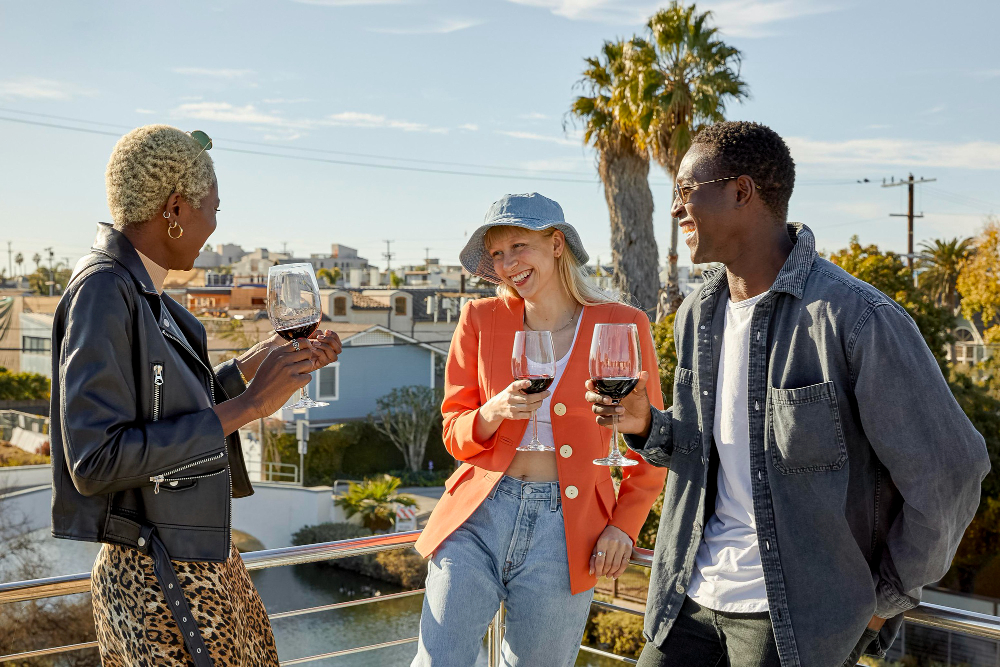
Attend Local Events and Meetups
This is friendship-making 101 for a reason, it works. The beautiful thing about events and meetups is that everyone there chose to show up, which means they’re probably open to meeting new people too.
Where to find them
- Meetup.com: Still the gold standard for finding groups based on specific interests
- Eventbrite: Great for both one-off events and recurring meetups
- Facebook Events: Check out what’s happening in your neighborhood
- Local Facebook Groups: Many cities have groups specifically for people in your situation
- Library and Community Center bulletin boards: Old school but surprisingly effective
Pro tip: Don’t just show up once and give up. Attend the same event or meetup 2-3 times. Familiar faces make conversations easier, and consistency shows you’re genuinely interested in being part of the community.
Explore Co-working Spaces and Coffee Shops
If you work remotely or freelance, co-working spaces are friendship goldmines. Even if you’re not remote, many co-working spaces offer evening events or weekend workshops that are perfect for meeting people.
Why this works
- Regular faces become familiar faces
- Built-in conversation starters about work and projects
- Often host networking events and social hours
- Attracts people who are intentional about their careers and communities
Coffee Shop Strategy: Become a regular somewhere. Sit at the bar instead of hiding in a corner booth. Chat with the baristas. You’d be surprised how many connections start with “Hey, aren’t you the person who always orders that complicated oat milk drink?”
Volunteer or Join Community Projects
Want to meet genuinely good people? Volunteer. There’s something about working toward a common cause that fast-tracks friendships.
Great options you can explore
- Food banks and soup kitchens
- Animal shelters (especially if you’re a dog lover)
- Community gardens
- Habitat for Humanity
- Local political campaigns
- Environmental cleanup projects
- Faith-based community service
When you’re focused on helping others, the pressure to be “impressive” disappears. You’re just humans being humans together, which is where real connections happen.
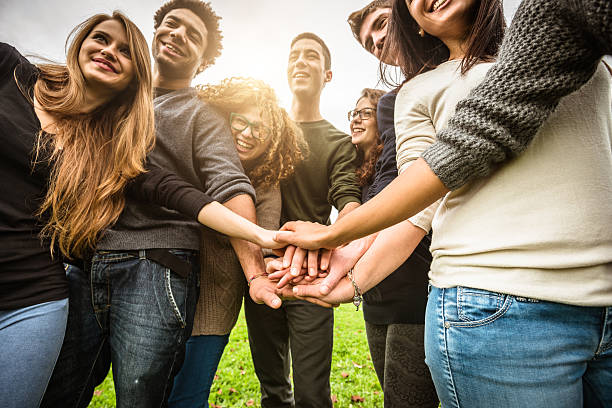
Use Apps Designed for Friendships and Networking
Dating apps have become a multibillion-dollar industry, so naturally, friendship apps are following suit. While they’re not perfect, they can be a good starting point.
Friend-finding apps to try
- Bumble BFF: Like the dating app Bumble, but for platonic relationships
- Friender: Matches you based on activities and interests
- Atleto: Perfect if you’re into fitness and sports
- Patook: Strictly platonic with anti-flirting detection
- Yubo: More popular with younger users
Note: Apps work best as supplements to, not replacements for, in-person meeting strategies. Use them to find people, then suggest meeting up in real life as soon as possible.
Take a Class or Join a Hobby Group
Remember when learning was social? Adult education brings back that natural friendship environment.
You can explore
- Fitness classes: CrossFit, yoga, dance, rock climbing
- Creative workshops: Photography, painting, pottery, cooking
- Book clubs: Often meeting at local bookstores or libraries
- Language exchange groups: Practice a new language while meeting people
- Professional development: Toastmasters, industry workshops
- Outdoor clubs: Hiking groups, cycling clubs, kayaking
Classes are perfect because you’re all beginners, which creates instant bonding. Plus, you have built-in weekly reasons to see the same people, and shared struggles (like trying not to fall over in yoga) make for great conversation starters.
Reconnect with People You Already Know in Your New City
Before you stress about meeting complete strangers, pause and think. Are there old classmates, colleagues, online mutuals, or friends-of-friends already living in your city? Check your contacts. Search your socials. Even if you haven’t spoken in years, don’t be shy.
Reach out with a message like, “Hey! I just moved to [city] and realized you’re here too! I’d love to catch up sometime if you’re free.”
Tap Into Faith-Based or Cultural Communities
If you’re spiritual or culturally connected, your community might already exist; you just need to show up.
Faith spaces like churches, fellowships, mosques, or temples often have programs for newcomers. Ask if there are groups for young adults or new members. Even if you’re not religious, many faith communities welcome people who are simply exploring or interested in community service, regardless of belief system.
For cultural connection, look out for African community gatherings, diaspora circles, or language-based social groups.
Tips for Introverts or Shy Movers
Being introverted doesn’t mean you can’t make friends; it just means you need a different strategy. And no, you don’t need to suddenly become the life of the party to find your circle. You just need to be intentional.
Start with what feels safe. One-on-one coffee dates work better than loud group hangouts. Structured activities like book clubs, creative classes, or walking groups are great because the conversation flows around a shared interest, not small talk pressure.
You can also begin online and move offline later. Try digital spaces like forums, apps, or interest-based communities where you can build rapport first, then meet up when it feels comfortable.
Leverage what you genuinely love. When you’re in spaces that reflect your passions, conversations feel more natural. You’re not forcing it; you’re flowing from shared energy.
You can also signal openness without overextending yourself. Try subtle but effective things like
- Wearing conversation-starter accessories (a band t-shirt, a unique piece of jewelry)
- Bringing a book to a coffee shop… people may ask what you’re reading
- Using open body language, even when you’re feeling unsure
Small steps are still steps. You don’t need to show up loudly to be seen. You just need to be gently present
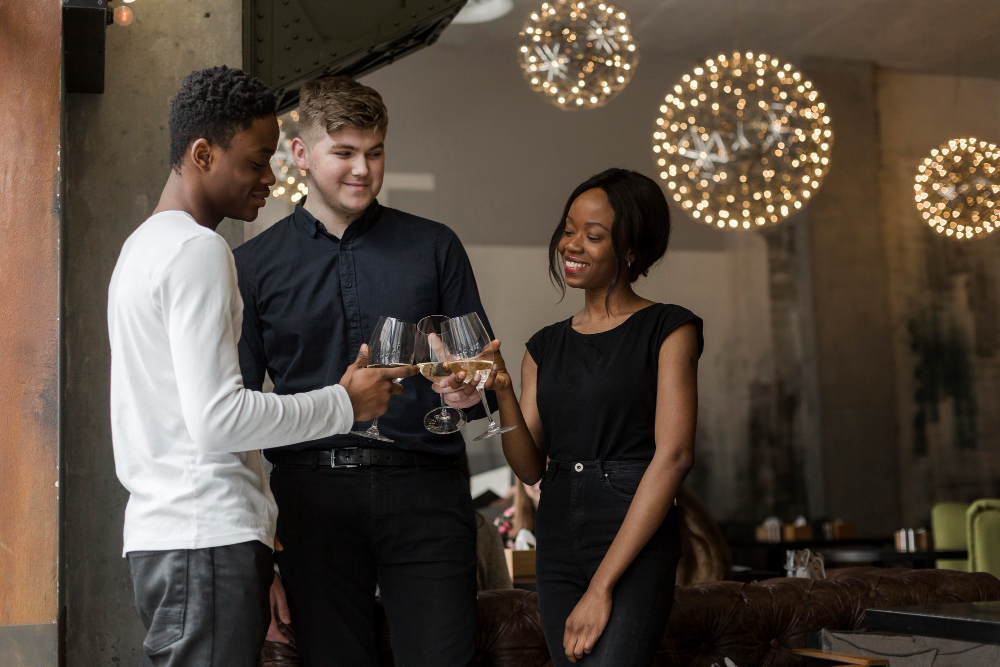
Safety Tips When Meeting New People
You’re here to connect, not to end up in a Netflix true-crime special. So being wise is a MUST.
- Always Meet in Public First: No matter how nice someone seems online or in a group setting, the first one-on-one meetup should be in a public place. Coffee shops, restaurants, and parks during daylight hours are great for a start.
- Share Your Location: Tell a trusted person (even if it’s someone back home) where you’re going and with whom. Share your location through your phone if meeting someone new.
- Trust Your Gut: If someone pushes boundaries, asks overly personal questions too quickly, or makes you feel uncomfortable in any way, it’s okay to end the interaction. Good people will respect your boundaries.
Red Flags to Watch For
- Pressuring you to meet in private or isolated locations
- Getting angry or pushy when you set boundaries
- Love-bombing (showering you with excessive attention immediately)
- Asking for money or favors before you’ve established a real friendship
- Making you feel bad about other friendships or relationships
- Consistently canceling or being unreliable
- Only wanting to talk about themselves
Frequently Asked Questions
Q. What if I don’t vibe with anyone right away?
A. This is completely normal and doesn’t mean you’re doing anything wrong. Research shows that up to 70% of close friendships dissolve after around seven years, which means even long-term friends sometimes grow apart. The key is to keep putting yourself out there without putting pressure on every interaction to turn into a best friendship.
Q. How long does it take to build real friendships?
A. Studies suggest it takes about 50 hours of interaction to develop a casual friendship, 90 hours for a regular friendship, and over 200 hours for a close friendship. That might sound like a lot, but spread over months of regular activities, it’s quite manageable. Just be patient with the process.
Q: How do I handle the awkwardness of starting conversations?
A: Start with compliments, observations, or shared experiences. Something like “I love your jacket” or “Have you tried the food here before?” Curiosity is a superpower.
Q. What if people already have established friend groups?
A. Most people are more open to new friendships than you think. Even people with solid friend groups often appreciate meeting new people who bring fresh perspectives and energy. Don’t assume everyone’s social circle is completely closed off.
Q. Is it weird to make friends as an adult?
A. Not at all! Adult friendships are actually often deeper and more intentional than childhood friendships because you’re choosing each other based on genuine compatibility rather than just proximity.
Final Thoughts: You’re Not Just Building a Network; You’re Building a Life
Friendship in adulthood isn’t always instant, but it is always worth the effort. Don’t measure progress by how many new contacts you make. Measure it by how often you felt seen, laughed with someone new, or went home feeling a little lighter.
Give people grace. Give yourself grace. And remember that belonging isn’t found overnight. It’s built, one “hello” at a time.
You will find your people. You’ll have someone to call when you’re feeling off. You’ll laugh too hard at dinner parties. You’ll find that friend who always knows when to send that “Are you okay?” text.
Just don’t quit before that moment comes.


